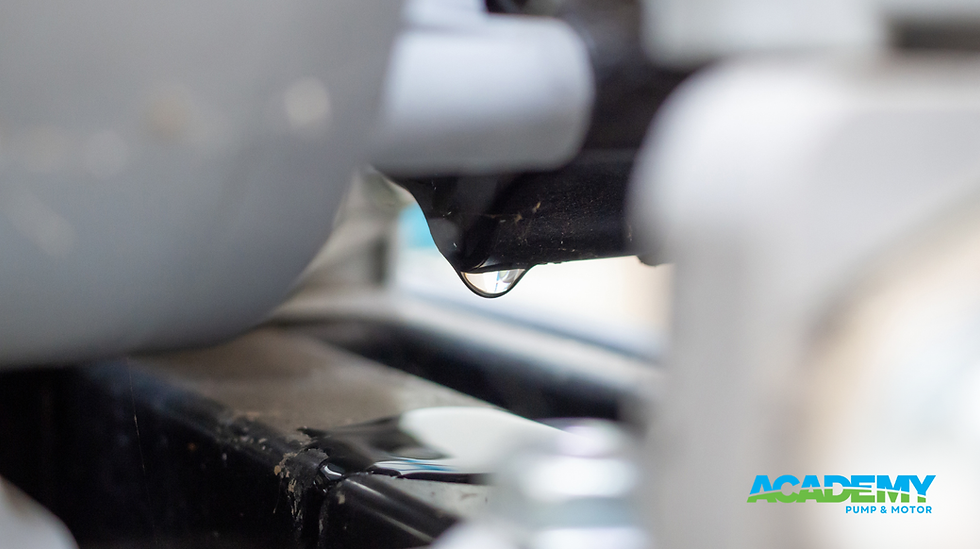DIY vs. Professional Repairs: When to Call in the Experts for Pumps and Motors
- Lincoln Jones

- Aug 31, 2024
- 3 min read

When it comes to repairing pumps and motors, you might be tempted to tackle the problem yourself. DIY repairs can be cost-effective and rewarding, but they come with their own set of challenges and risks. On the other hand, professional repair services offer expertise and efficiency but often come with a higher price tag. So, when should you choose DIY and when is it better to call in the experts? Here’s a detailed comparison to help you decide.
DIY Repairs: The Pros and Cons
Pros:
Cost Savings: DIY repairs can save you money on labor costs. If you’re handy and have the right tools, you might only need to purchase replacement parts.
Learning Experience: Tackling repairs yourself can be a great learning opportunity. You’ll gain a better understanding of how your equipment works and how to maintain it.
Convenience: You can work on the repairs at your own pace and on your own schedule, without having to wait for a service appointment.
Cons:
Risk of Mistakes: Without professional training, you might make mistakes that could worsen the problem or cause additional damage. This can lead to more costly repairs down the line.
Limited Expertise: DIY repairs often lack the specialized knowledge required for complex issues. Certain problems might be beyond your skill level, making it difficult to diagnose and fix them accurately.
Time-Consuming: Even if you have the right tools, DIY repairs can be time-consuming, especially if you encounter unexpected complications or need to order parts.
Professional Repairs: The Benefits and Considerations
Pros:
Expertise: Professionals have the training and experience to diagnose and repair issues efficiently. They understand the intricacies of pumps and motors and can handle complex problems with ease.
Quality Repairs: Technicians use specialized tools and techniques to ensure that repairs are done correctly the first time. This minimizes the risk of recurring issues and extends the lifespan of your equipment.
Warranty and Guarantees: Professional services often come with warranties or guarantees on both labor and parts. This provides peace of mind and protection against future problems.
Cons:
Higher Costs: Professional repairs can be more expensive due to labor costs and the premium on specialized knowledge. However, the long-term benefits often outweigh the initial expense.
Scheduling and Availability: You may need to schedule an appointment and wait for a technician to become available, which can be inconvenient if you need urgent repairs.
Less Control: When you rely on professionals, you have less direct control over the repair process and the timeline.
When to Call the Experts
While DIY repairs are suitable for minor issues or routine maintenance, there are situations where professional help is essential:
Complex Problems: If the issue is beyond basic troubleshooting or involves intricate components, a professional repair is likely the best option.
Safety Concerns: If repairing the equipment involves working with high voltages, hazardous materials, or complex mechanical systems, it’s safer to rely on a professional.
Warranty Issues: If your equipment is still under warranty, DIY repairs might void it. Professionals are familiar with warranty requirements and can ensure repairs are done in compliance.
Time Constraints: If you need repairs done quickly or cannot afford to spend time troubleshooting and fixing the problem yourself, professional services offer a timely solution.
Deciding between DIY repairs and professional services depends on the complexity of the issue, your level of expertise, and the urgency of the repair. While DIY can be a cost-effective and educational option for simpler tasks, professional repairs offer expertise, efficiency, and long-term reliability. For critical issues or when in doubt, it’s always wise to consult with a professional to ensure your pumps and motors are functioning optimally and safely.



Comments